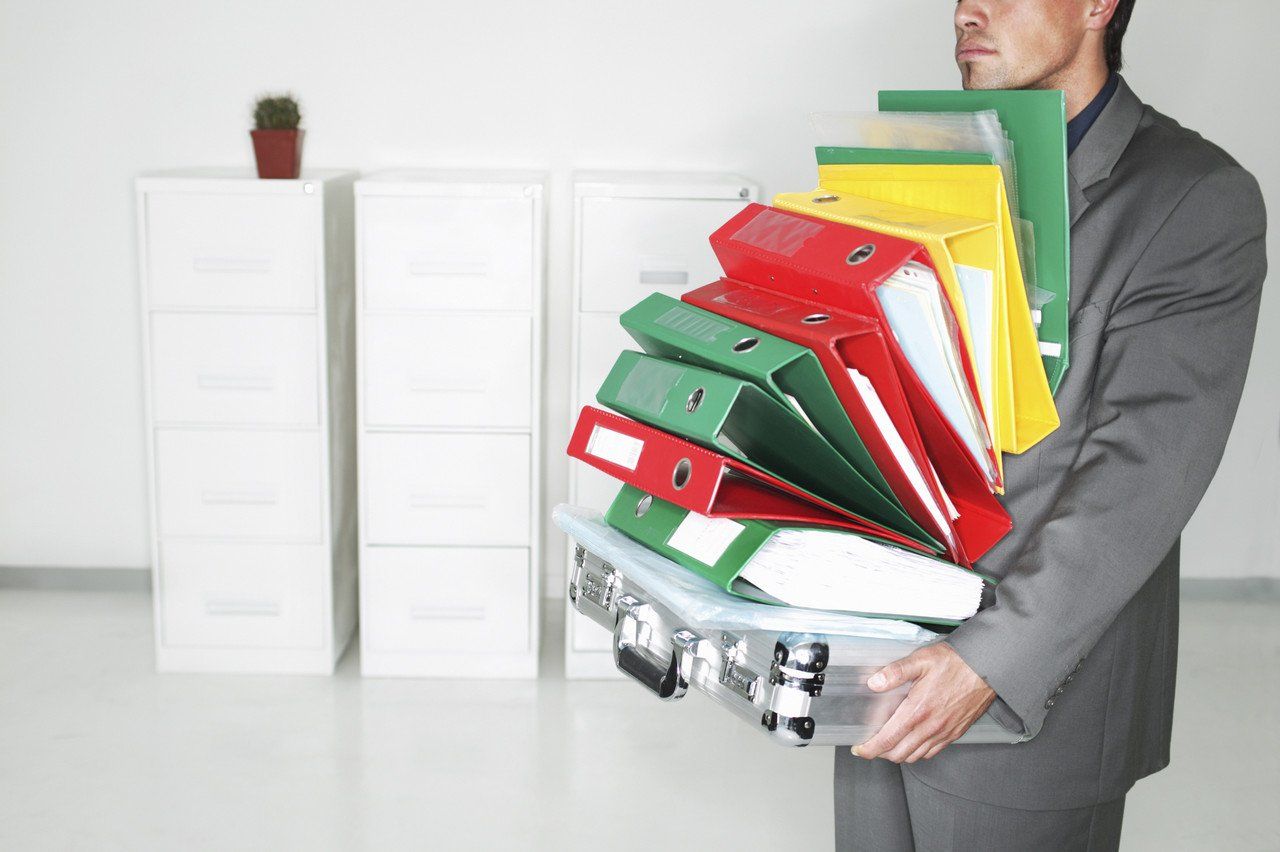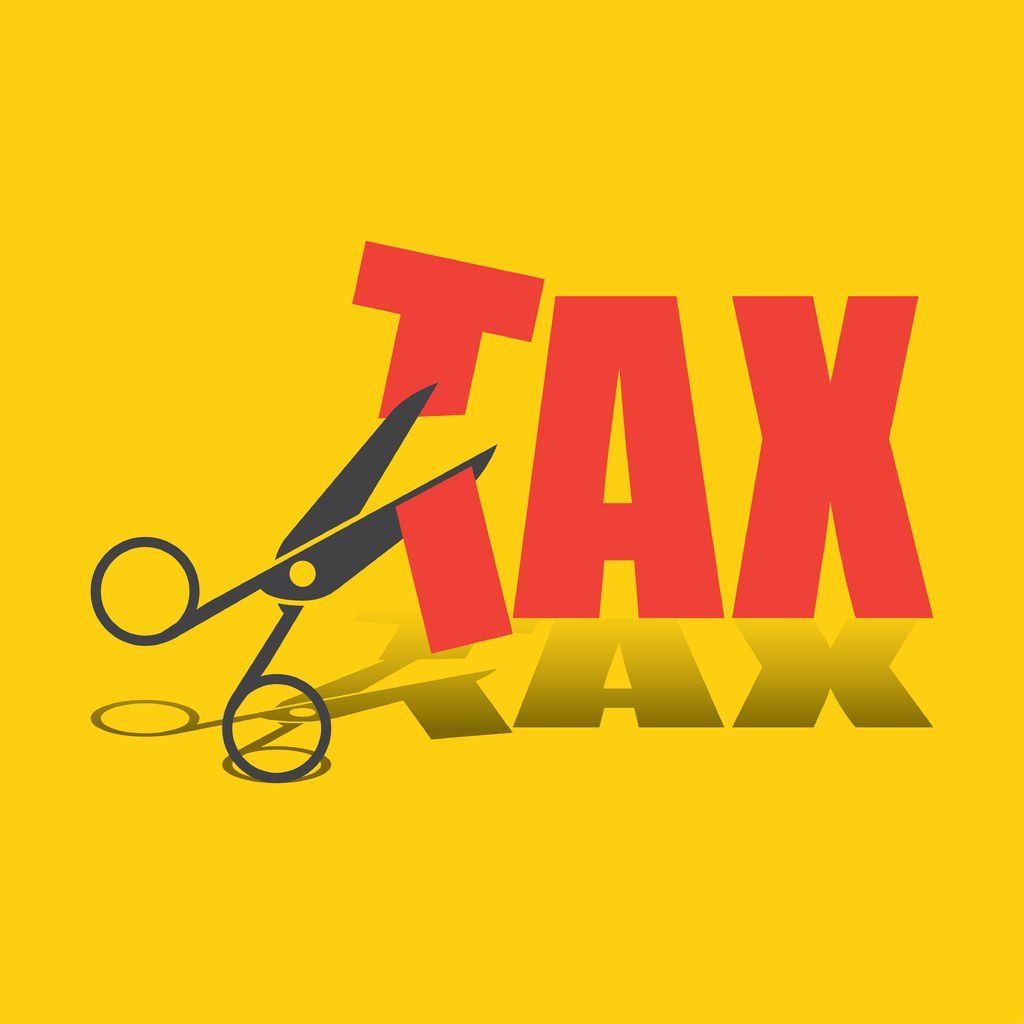Top tips for record keeping.
- by Kathryn Webb
- •
- 05 Dec, 2017
- •

Don't make your life harder than it needs to be, follow these tips for an easier time in business.
The better your record keeping, the more likely your accounts are to be accurate. The more accurate your accounts, the more likely you are to pay the correct amount of tax and not end up overpaying or getting into difficulties with HMRC. That's why I thought I would share my top tips for keeping your records in good order.
- Regularly collate your records. It doesn't matter too much how or where you keep your paperwork, but make sure every time you are given a piece of paperwork to do with your business you do actually store it somewhere safe, with the rest of your business records. If you travel a lot, this may mean having a folder in your vehicle which you empty periodically into your main accounts folder. It may be a shoe box under the bed, a bag hanging up in the coat cupboard, or even a fruit bowl in the kitchen, whatever works for your. Whatever, will ensure you are regularly collating your business records. Missing paperwork is one of the items that can really increase accountancy fees, not to mention it is one of the biggest vulnerabilities during a tax enquiry.
- If in doubt, keep the receipt. The amount of times clients have told me they didn't keep the paperwork as they weren't sure if they could put the item in the accounts. My advice is to keep paperwork on these types of transactions, then your accountant can let you know what to keep and what can be binned. Without the receipt, it's very difficult to evidence your transaction which can prove problematic in the event of an investigation.
- Filing.
It's not everyone's cup of tea, but if you can file your receipts often and in a sensible order, then it will make the data entry so much easier. So whether you do your own book-keeping or want us to do it for you, you will save time or money.
- Timing.
The sooner you do your book-keeping after the end of your accounting period, the more sense it will make and the easier you will find it. I know lots of clients put it off to the last minute but then they are left scratching their heads, trying to remember what was going on in the business over a year ago, and that can prove incredibly challenging! I promise you, the prompter you are with this, the more time you will save.
- Use an invoicing app. This can really help keep track of your sales, but also who has paid you and who still owes you money. It can be done at the push of a button as you go, using your phone, so there is no need to set aside Sunday evenings to prepare all of your invoices! Prompt invoicing will also see prompter payment and better cash flow.
- Electronic records. Try to keep electronic copies of as many of your records as possible. If you have the time, then I would definitely recommend bulk scanning paperwork to ensure you never lose a document. If you use an invoicing app you will already have pdfs of your sales invoice. Bank statements are easy to download and many purchase receipts are electronic these days. I would always recommend keeping your data entry electronically. It doesn't have to be an expensive software package, and depending on the type and quantity of transactions an Excel template may well suffice.
- Back up your data. Whether it's invoices, estimates, customer emails, purchase receipts, data entry files, book keeping software, payroll details, whatever electronic records you have, ensure you have an off site back up to protect you should your computer crash or in the event of a fire or theft. I personally recommend daily automatic back ups, but it really does depend on the nature of your business.



